Here's how GM's government subsidies stack up against other businesses in Canada
Newsletter: A closer look at the day's most notable stories

Welcome toTheNational Today newsletter, which takes a closer look at what's happening around some of the day's most notable stories. Sign up hereand it will be delivered directly to your inbox Monday to Friday.
TODAY:
- Subsidizing business, including giants like GM,is avenerable practice in Canada.
- There's a surprising lack of tracking information about medical implants in this country, a CBCinvestigative series discovers.
- Missed The National last night? Watch it here.
Underwriting corporate Canada
Thirty-five years ago, the General Motors assembly plant in Oshawa, Ont., employed almost 23,000 people.
Today it has just 2,522 workers. By the end of next year it may have none.
This morning, GM announced its intention to shutter the 65-year-old plant as part of a global restructuring. The plan will see the auto giant close eight facilities and trim 15 per cent of its workforce in an effort to free up $6 billion US a year in cash by 2020.
Some of those Oshawa jobs may be transferred to other Canadian plants. Or perhaps, as has often happened in the past, someone will cut a deal to keep workers on the line.
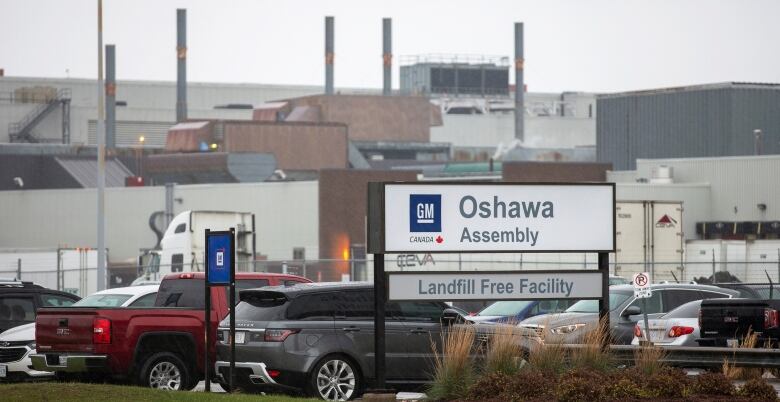
The last time that GM was in trouble, during the 2009 fiscal meltdown, it was the federal government that rode to the rescue with a bailout that totalled $10.8 billion in loans, share purchases and subsidies. Some of that money was paid back, but the net loss on the package is somewhere in the neighbourhood of $4 billion to $5 billion including a $1 billion loan write-off that Ottawa buried deep in its books.
One number cruncher from the conservative Fraser Institute think tank figures the net cost to taxpayers at roughly $474,000 for each of the company's Canadian workers.
But a study completed for Unifor, the autoworkers' union, suggests that the Oshawa facility contributes $1 billion a year in tax revenue to the province and the feds, and creates 33,000 spin-off jobs.
Either way, the reality is that there are select few industries in Canada that aren't receiving some form of corporate welfare.
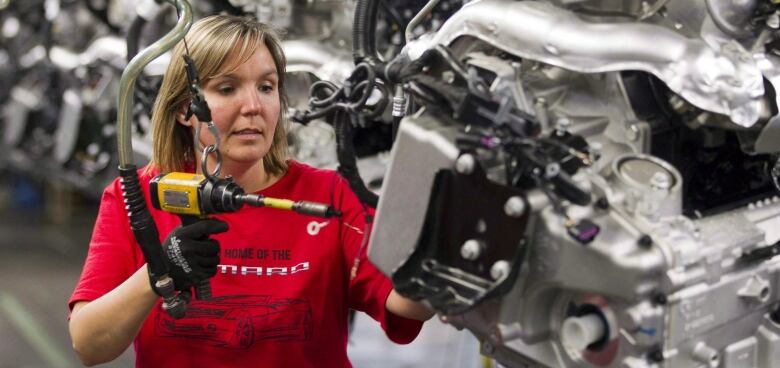
A paper from the University of Calgary's School of Public Policy, published earlier this year, pegged the total amount of subsidies that Canadian businesses receive each year from Ottawa and the four largest provinces at $29 billion. That's about half of all annual corporate tax revenues.
The biggest-ticket item in that is a $7-billion small-business tax reduction designed to stimulate investment, with the feds and provinces focusing about half of their largesse on small employers.
The study found that about two per cent of Ottawa's $14 billion a year in subsidies goes to promoting "high-wage, high-productivity industries," with aerospace, film-and-video production, and the auto sector ranking as the top three recipients.
On a per capita basis, Alberta spends the most government cash on businesses about $640 per resident. That's $100 ahead of Quebec, and well beyond the $390 per person that Canada's federal government and B.C. are splashing out.
Alberta's oil and gas sector a major contributor to the Canadian economy is the big beneficiary.
A 2016 report by a coalition of environmental groups calculated the total federal and provincial subsidies for fossil fuels at $3.3 billion a year, the equivalent of $19 for every tonne of carbon the sector produces. More recently, a U.K. think tank issued a ranking that placed Canada at No. 1 in the G7 when it comes government support for oil and gas calculated as a share of the overall economy.

Subsidizing business is a venerable practice in Canada.
Another study from the anti-tax Fraser Institute used Statistics Canada data to calculate the total value of all government subsidies from 1981 to the spring of 2009 at $684 billion $342.6 billion from Ottawa, $287 billion from the provinces and $54.2 billion from local governments.
The 2009 GM bailout wasn't included in those numbers, but the company ranked fifth on the all-time list of Industry Canada financial assistance recipients, behind Pratt & Whitney, Bombardier, De Havilland and CAE Inc. (formerly Canadian Aviation Electronics).
And even if GM no longer plans to build gas-guzzling automobiles in Oshawa, there's a decent chance that the company's shift towards electric vehicles will eventually receive government support. General Motors is calling for a U.S. rule that would mandate 25 per cent of all new vehicles be green by 2030.
Ontario's largest subsidy in recent years has been the $450 million annually that the former Liberal government was devoting to renewable energy producers.
One of Doug Ford's first actions as the new premier was to cancel another program that gave purchasers of electric vehicles rebates of up to $14,000.
But he's bucking a national trend.
Between 2011 and 2017, the Alberta government handed out $6.7 billion in subsidies to energy companies, but according to the Canadian Taxpayers Federation, 67 per cent of those funds went to green or renewable energy projects.
Tracking medical implants
Reporter Vik Adhopia has been investigating the surprising lack of tracking information about medical implants in Canada.
Want to know where and when your delicious filet of red snapper was caught? At supermarkets and restaurants you can scan a tag with your phone and have all that information at your fingertips.
The concept, known as "traceability," harnesses the power of real-time data sharing. The Department of Fisheries and Oceans embraced the concept of traceability a few years ago and Canada is helping develop international standards for tracking fish.
But what about tracing something that's critical to your health, such as a new heart valve, stent, artificial knee or hernia mesh?
Not in Canada, apparently.
When I asked my mother what she knew about the make and model of the new artificial knee a surgeon had implanted in her in May, I was met with silence on the phone.
During the course of research for our new series The Implant Files, we found this is a common experience people don't know the details of what's being put inside them.
That's a problem, considering there are hundreds of recalls issued by Health Canada, of which patients and doctors may be unaware. And models of devices change surprisingly frequently.
Every physician and health policy expert we spoke to expressed the need for a medical devices registry that could not only help alert patients more quickly about problems, but would be a rich resource for medical researchers.
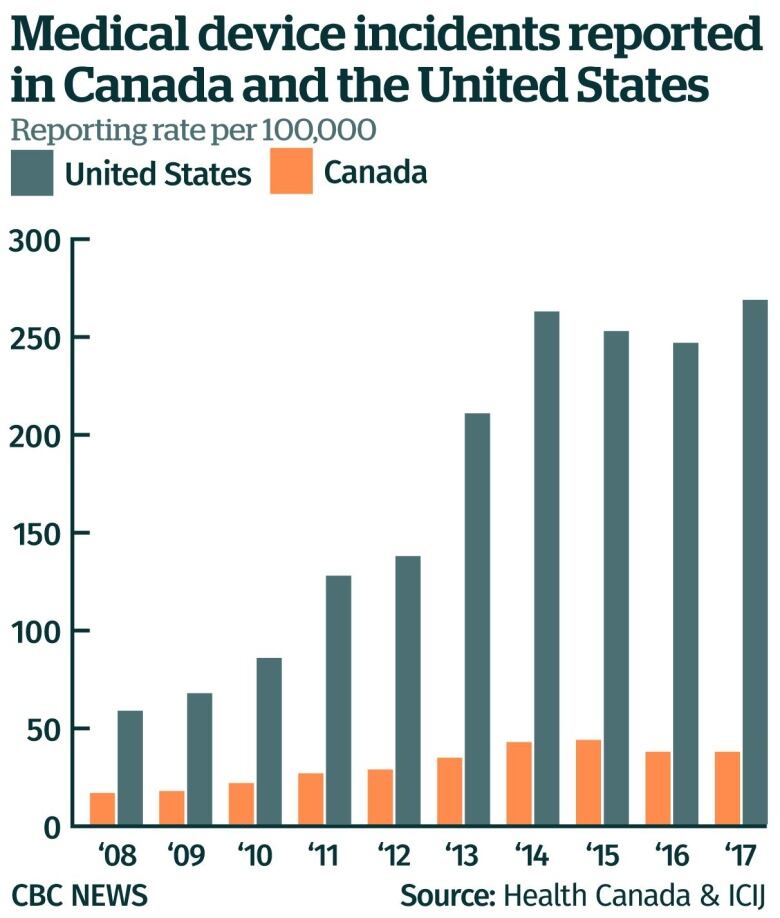
Other countries are already doing this.
Health Canada, meanwhile, told us that it supports the concept in general, but added that such a real-time database for medical devices would be expensive and difficult to maintain.
Watch my documentary tonight on The National. It's part of a series of stories we're calling The Implant Files a joint investigation between CBC News, Radio-Canada and the Toronto Star in collaboration with the International Consortium of Investigative Journalists.
- READ: 'We're guinea pigs' - Canada's oversight process for implanted medical devices stuns suffering patients
- WATCH: Vik Adhopia's story about the traceability of medical implants tonight on The National on CBC Television and streamed online
Watch the story about The Implant Files from last night's The National:
- Like this newsletter?Sign upand have it delivered by email.
- You may also like our early-morning newsletter, the Morning Briefstart the day with the news you need in one quick and concise read.Sign up here.
A few words on ...
An act of kindness in Iqaluit.
Quote of the moment
"We think you can come back, but we're not sure."
- Elon Musk, the founder of SpaceX, on how he is leaning towards joining an eventual company Mars mission, despite one rather large drawback.
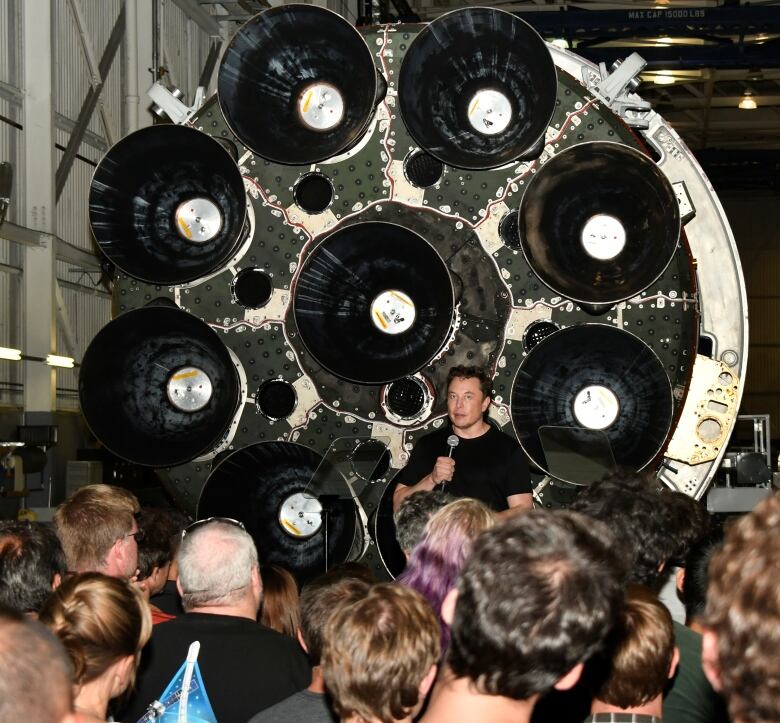
What The National is reading
- Scientist claims 1st gene-edited babies born in China (CBC)
- Ukraine's Poroshenko calls for martial law as Russia tension flares (Deutsche Welle)
- Trump seizes on border unrest (CNN)
- UCC grad says he was devastated by hazing ritual at elite boys school (CBC)
- Turkish police raid rural villa in search for journalist Khashoggi's body (Washington Post)
- 'Seven minutes of terror' as NASA's InSight probe descends to Mars (Guardian)
- Florida hit with Christmas tree shortage (Miami Herald)
- Comic in court for blowing nose on Spanish flag in TV sketch (El Pais)
Today in history
Nov. 26, 1958: Vladimir Nabokov and Lionel Trilling discuss Lolita
Pierre Berton moderates a salon discussion about the polarized reaction to Nabokov's tale of a middle-aged man's obsession with a 12-year-old girl. "Most of the haters of Lolita in the United States are just common scolds and old philistines," says the author. But he denies suggestions that it was meant to be a satire, or provoke discussion about the state of modern America. "I don't wish to touch hearts or even affect minds very much," says Nabokov. "What I want to produce is that little sob in the spine of the honest reader."
Sign up hereand have The National Today newsletter delivered directly to your inbox Monday to Friday.
Please send your ideas, news tips, rants, and compliments tothenationaltoday@cbc.ca.
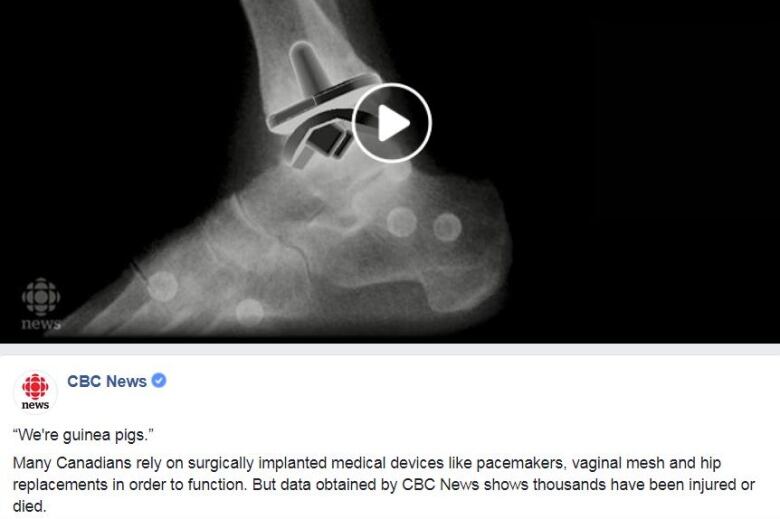















_(720p).jpg)


 OFFICIAL HD MUSIC VIDEO.jpg)
.jpg)



























































































